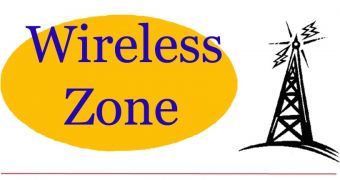Federal Communications Commission engineers concluded on Friday that the creation of a national wireless Internet service on the 2150 MHz band would not interfere with other carriers. The idea of creating such a service is not a new one, but it got a boost in the light of the new decision.
“This report confirms that we're able to move forward with broadband services as proposed by Chairman Martin without causing harmful interference to license users of adjacent spectrum,” said Rob Kenney, an FCC spokesman.
T-Mobile USA, a unit of Deutsche Telekom AG, does not see this as good news since it uses the nearby AWS band (1700/2100 MHz). The company paid for the use of the band around $4 billion two years ago. T-Mobile already argued against FCC Chairman Kevin Martin's proposal for a free wireless network by saying that the service would interfere with the company's 3G wireless network that is provided with a charge. The company's arguments are counter-attacked by FCC engineers who run tests and concluded that a wireless broadband service could be used “without a significant risk of harmful interference”.
Following the report, FCC has now a clear way towards planning an auction of airwaves to a bidder who would agree to offer free, national wireless Internet service. The agency should finalize the rules by the end of the year and start the auction of airwaves in the first half of 2009. Some of the wireless companies said that the action rules might favor M2Z Networks Inc., a Kleiner Perkins-backed startup which already came up with the free-Internet plan two years ago. M2Z's plan suggested the use of the 25 Mhz chunk (2155-2180 Mhz) using TDD Mobile WiMAX. The company proposed both free service and pay tiers.
M2Z originally asked FCC for a national 25 megahertz block of airwaves back in 2006. The company said back then that it would pay the Treasury 5% off the top. The agency didn't agree with giving away airways that could be worth billions, but this year the proposal of giving the airwaves to a company that would reserve some of its band for free use came from Martin. 50 percent of the U.S. population is expected to benefit from the network, which is supposed to cover 95 percent within a decade.

 14 DAY TRIAL //
14 DAY TRIAL //